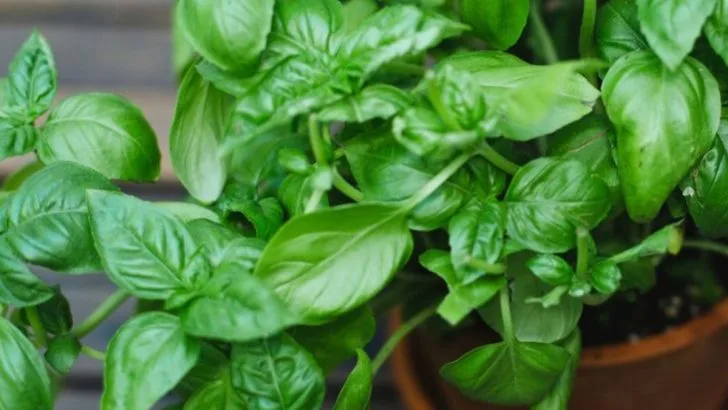Nothing ruins a peaceful evening in the garden faster than a swarm of mosquitoes or buzzing, biting pests. But before you reach for chemical sprays, consider this: nature has its own line of defense. Certain plants naturally repel insects, thanks to the aromatic oils they release — oils that smell amazing to us but are downright unpleasant to pests.
From well-known options like lavender and citronella to a few surprising garden heroes, these plants can help create a more comfortable outdoor space while enhancing the beauty of your beds, borders, and containers. Some even pull double-duty by attracting beneficial insects that keep the bad ones in check.
In this article, discover 9 pest-repelling plants that are as practical as they are beautiful. Whether you’re planning a picnic-friendly patio or a bite-free balcony, these green allies will help you enjoy your space in peace — no bug spray required.
Lemon Balm
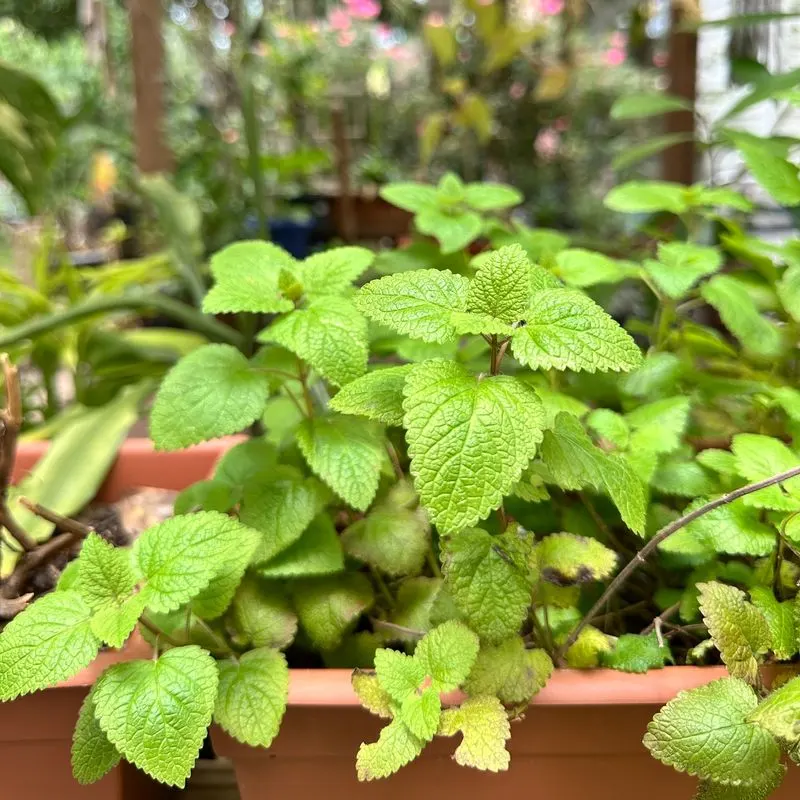
Lemon balm isn’t just a treat for the senses; its citrusy scent is a natural deterrent for mosquitoes. This herb, with leaves that smell like lemon, can be easily grown in most gardens. Its calming fragrance is not only pleasant to humans but also overwhelming to pesky insects. Lemon balm thrives in a sunny spot but tolerates partial shade, making it versatile for various garden settings.
Lavender
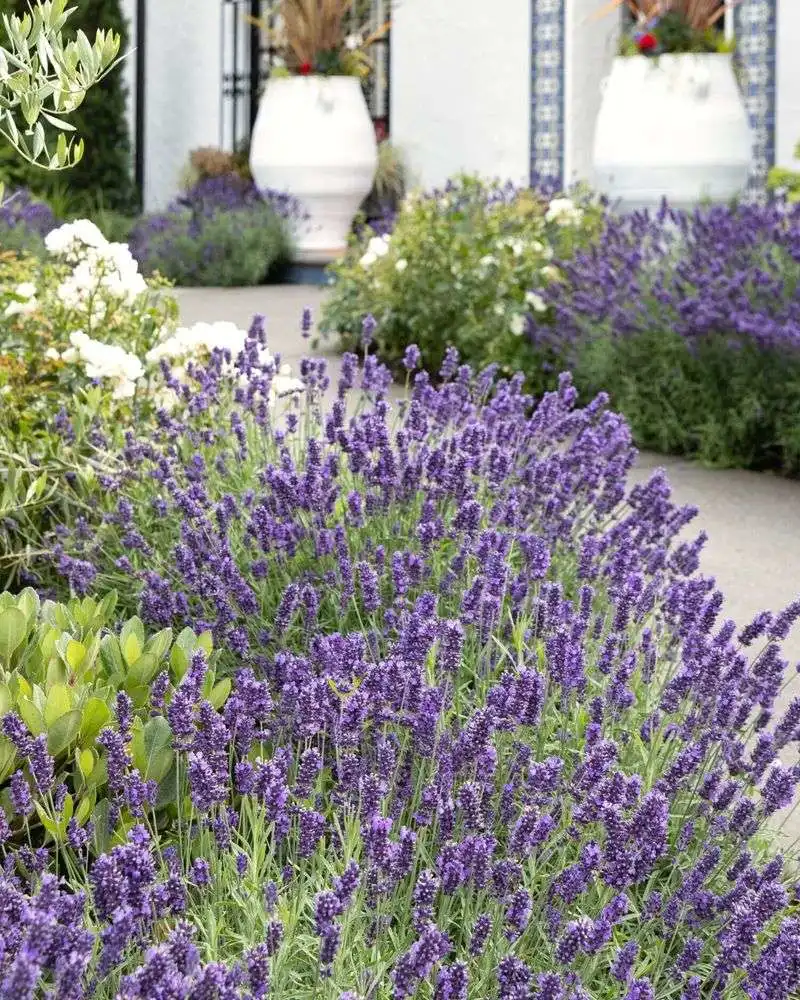
Lavender, famed for its calming scent, is an effective mosquito repellent. This aromatic plant not only beautifies your garden with its purple blooms but also serves as a natural insect deterrent. Its fragrance is delightful to us yet repugnant to mosquitoes and other pests. A perennial favorite, lavender thrives in sunny, well-drained spaces, adding color and a soothing aroma to any garden.
Marigold
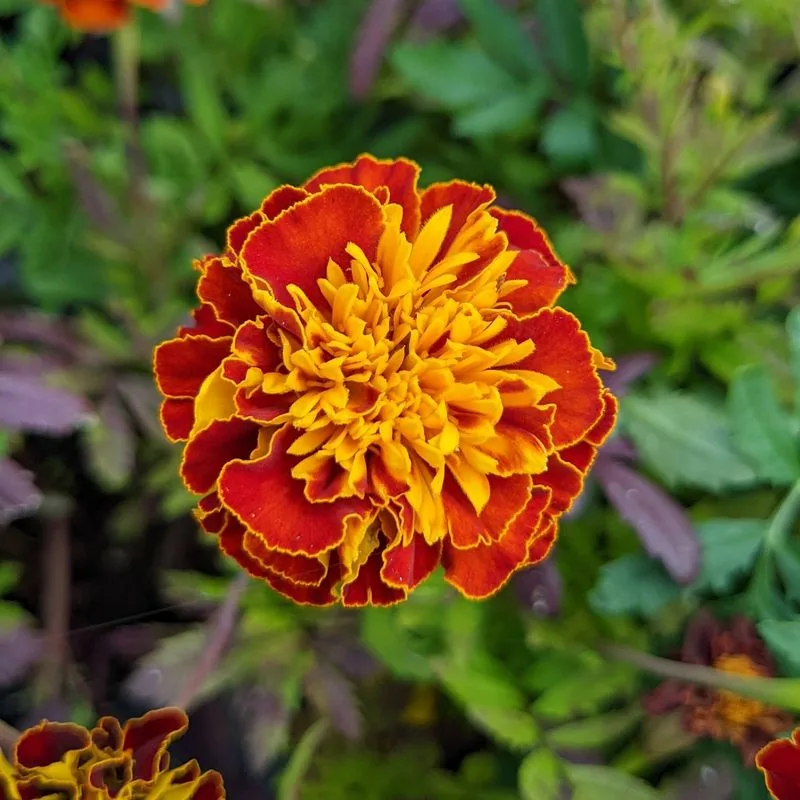
The vibrant marigold is more than just a pretty face in your garden. Known for its distinctive scent, marigold emits a smell that repels mosquitoes, aphids, and other pests. Plant these bright beauties in your garden bed or pots to create a colorful barrier against unwanted insects. Marigolds are easy to grow, making them perfect for gardeners of all levels who want a splash of color and pest control.
Catnip
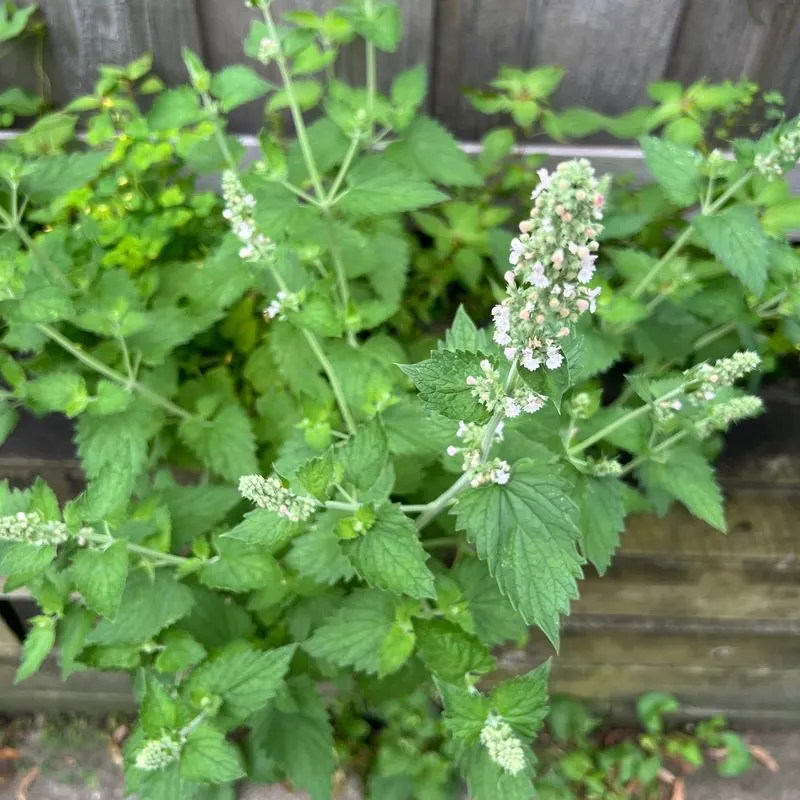
Catnip, a favorite among feline friends, is a powerhouse in repelling mosquitoes. Research shows that catnip is ten times more effective than DEET, a common ingredient in insect repellents. With its heart-shaped leaves and small white flowers, catnip is easy to grow and maintain. Plant it in your garden and watch as it not only attracts cats but also sends mosquitoes packing.
Citronella
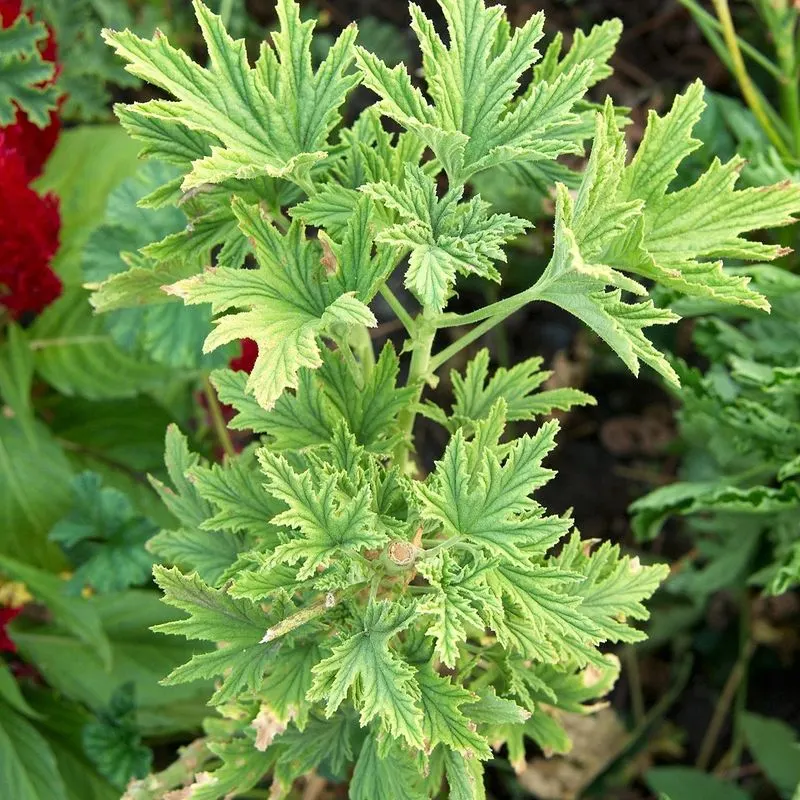
Citronella is a well-known natural mosquito repellent, often found in candles and sprays. The actual plant, however, offers a more potent defense. This tall grass releases a fresh lemony scent that keeps mosquitoes at bay. Citronella is ideal for growing in large pots or garden beds, providing a natural barrier around patios and outdoor seating areas.
Basil
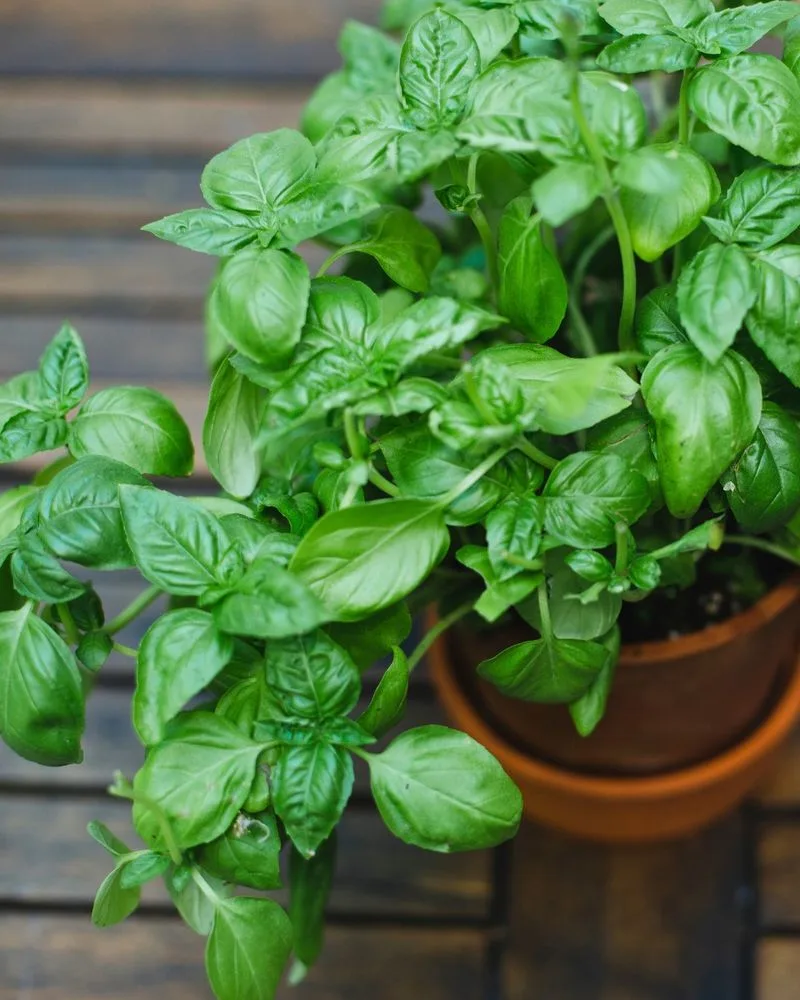
Basil, a staple in culinary arts, also serves as a natural insect deterrent. This fragrant herb emits a scent that mosquitoes and flies find repulsive. Growing basil in your garden also means fresh ingredients for your kitchen. Place basil near doors or windows to keep your home bug-free while enjoying its aromatic leaves in your dishes.
Rosemary
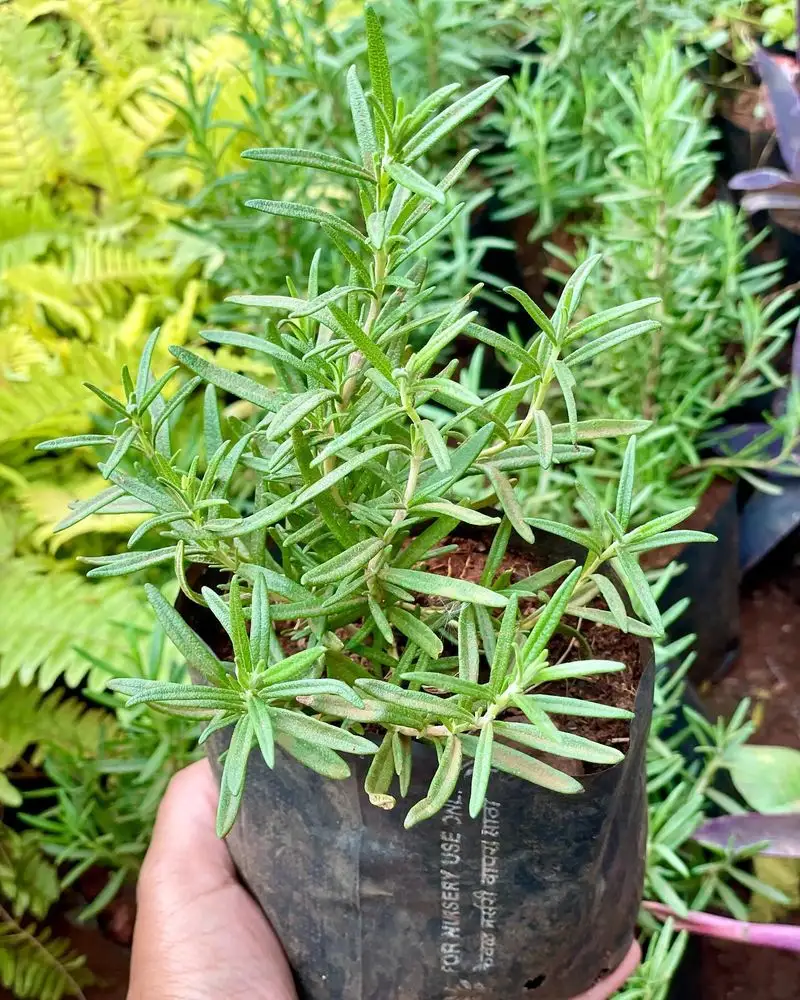
Rosemary, cherished for its culinary uses, doubles as a mosquito repellent. This woody herb has a pungent aroma that mosquitoes despise. Easy to care for, rosemary thrives in warm climates and well-drained soil. Plant it in your garden or pots, not just for its pest-repelling qualities, but to enjoy its savory flavor in various dishes.
Mint
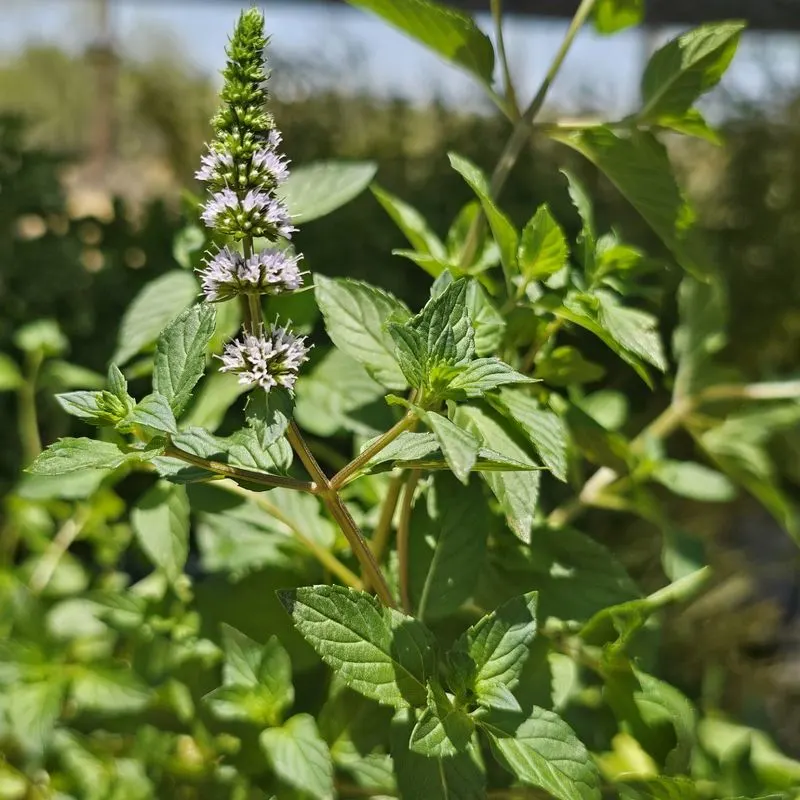
Mint is as refreshing to us as it is repugnant to mosquitoes. Its invigorating scent confuses pests, making it an excellent natural repellent. Mint is robust and can spread quickly, which makes it ideal for containers to control its growth. Besides, you can enjoy fresh mint leaves in your tea or cocktails while keeping unwanted insects away.
Sage
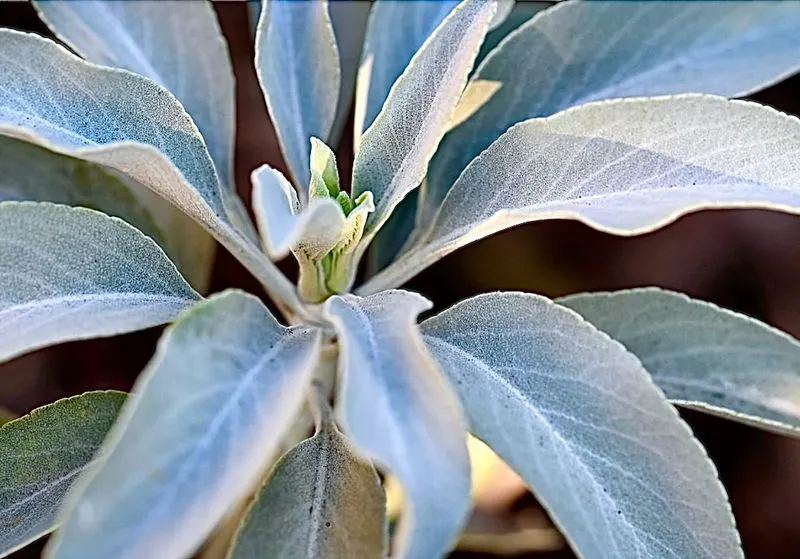
Sage offers earthy aromas that mosquitoes and other pests find unbearable. This hardy herb is well-suited for outdoor spaces exposed to sunlight. Besides its pest-repelling properties, sage is handy in culinary creations, adding depth to dishes. Simply burning a few sage leaves around your outdoor area can help create a mosquito-free zone.

